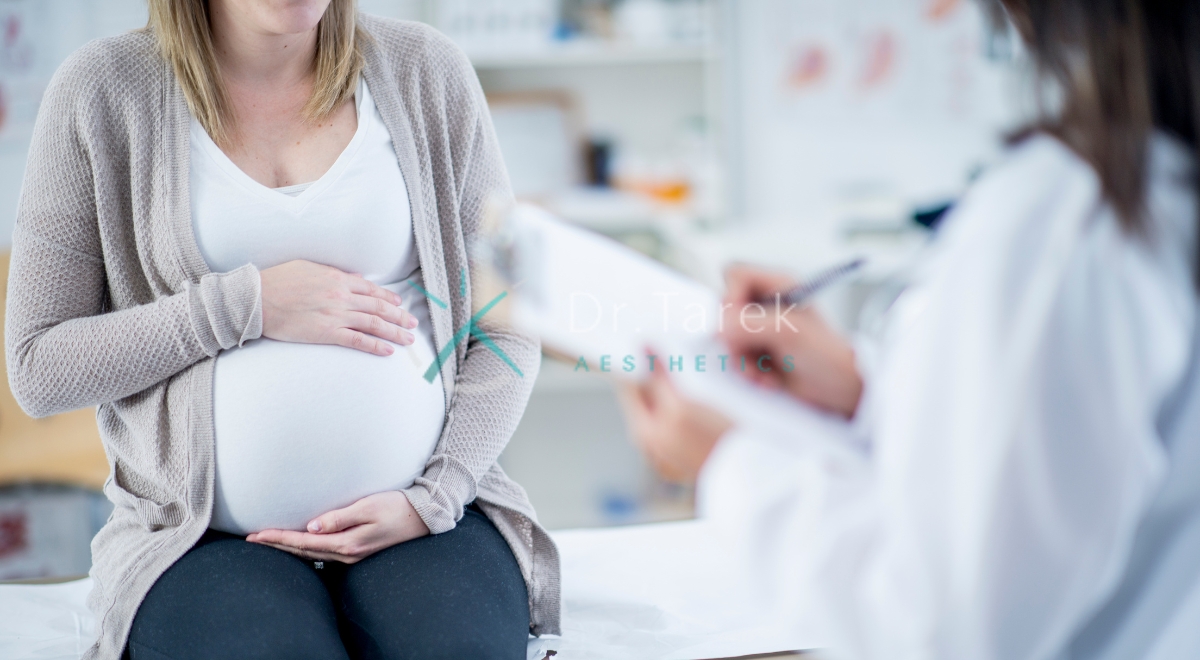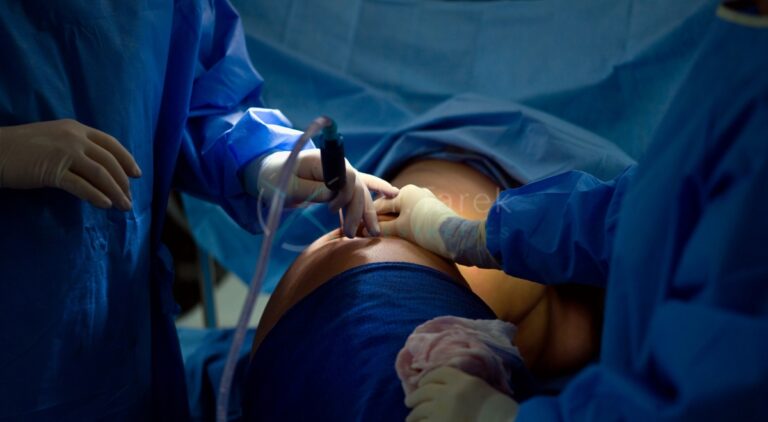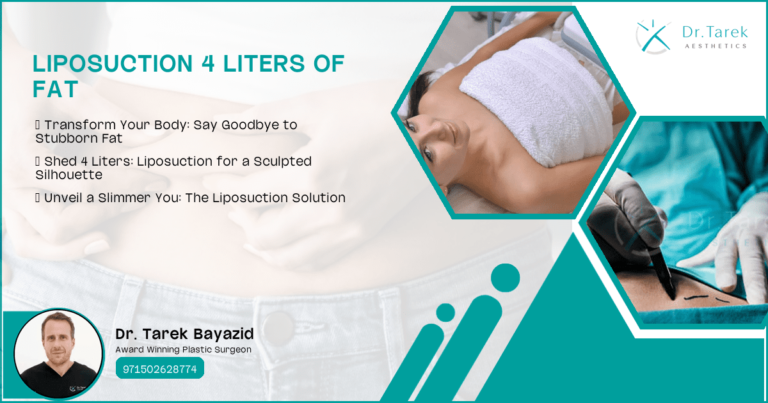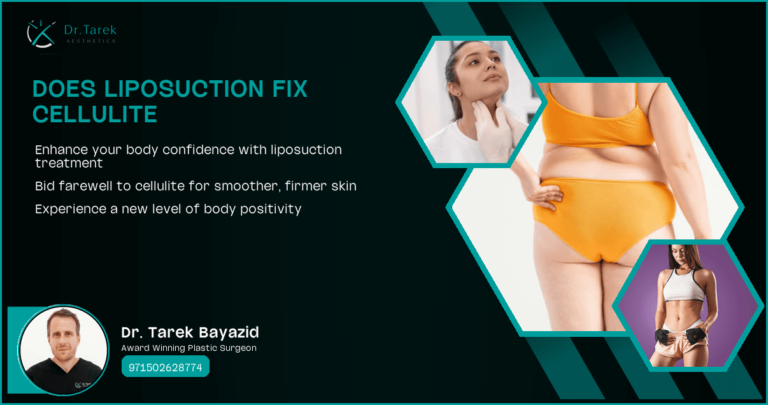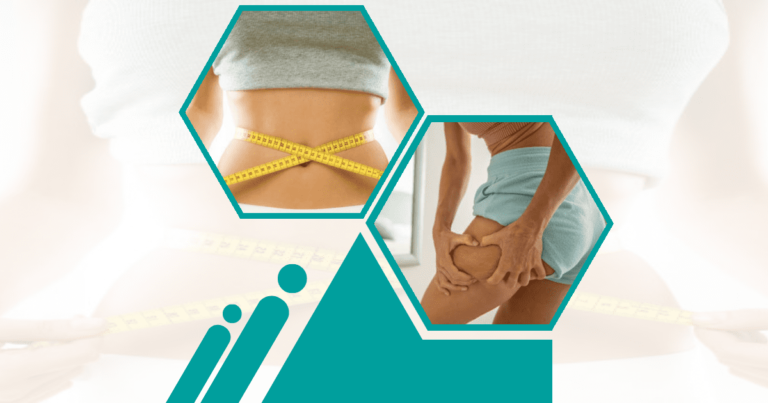Does Pregnancy Ruin Liposuction Results? What to Expect
Understanding Liposuction and Pregnancy
How Liposuction Works
Liposuction is a popular cosmetic procedure that removes stubborn fat deposits from specific areas of the body. During the procedure, a surgeon uses a thin tube called a cannula to suction out excess fat cells. This process can help contour and reshape various body parts, creating a more sculpted appearance.
Dubai Cosmetic Surgery offers advanced beauty treatments for people who want to change their looks
many people travel to Dubai Cosmetic Surgery clinics for high-quality procedures and skilled doctors
The effectiveness of liposuction lies in its ability to permanently remove fat cells from targeted areas. However, it’s important to note that while the removed fat cells are gone for good, the remaining fat cells can still expand if a person gains weight.
- Key benefits of liposuction:
- Targeted fat removal
- Body contouring
- Improved body proportions
- Boost in self-confidence
Areas of the Body Suitable for Liposuction
Liposuction can be performed on various parts of the body where stubborn fat tends to accumulate. Common treatment areas include the abdomen, thighs, hips, buttocks, arms, and chin. Each area requires specific techniques and considerations to achieve optimal results.
Dr. Tarek emphasizes that the suitability of liposuction for different body areas can vary from person to person. Factors such as skin elasticity, overall health, and individual goals play a crucial role in determining the best approach for each patient.
Book A Consultation With Dr Tarek Bayazid
Top-rated Plastic Surgeon For Liposuction in Dubai
Installment Plan Available
| Body Area | Typical Fat Removal |
| Abdomen | 2-5 liters |
| Thighs | 1-3 liters |
| Hips | 1-2 liters |
| Arms | 0.5-1 liter |
Will Pregnancy Ruin My Liposuction Results?
Effects of Pregnancy on Liposuction Outcomes
Pregnancy can indeed impact liposuction results, but it doesn’t necessarily mean that all the benefits of the procedure will be lost. The body undergoes significant changes during pregnancy, including weight gain and hormonal fluctuations, which can affect fat distribution and skin elasticity.
While pregnancy may alter the results of previous liposuction, the extent of these changes varies from person to person. Some women may find that their liposuction results are largely maintained, while others may experience more noticeable changes in treated areas.
- Potential effects of pregnancy on liposuction results:
- Redistribution of fat in treated areas
- Stretching of skin in the abdominal region
- Changes in overall body shape and proportions
Factors Influencing Post-Pregnancy Body Changes
Several factors can influence how pregnancy affects liposuction results. These include:
- Genetics: Some women are genetically predisposed to retain more weight or experience more significant body changes during pregnancy.
- Weight gain: The amount of weight gained during pregnancy can impact how much the body changes and how it recovers post-partum.
- Skin elasticity: Women with good skin elasticity may find that their skin bounces back more easily after pregnancy, preserving liposuction results better.
- Age: Younger women often have better skin elasticity and may recover more quickly from pregnancy-related body changes.
- Number of pregnancies: Multiple pregnancies can have a cumulative effect on body changes and may impact liposuction results more significantly.
Pregnancy After Liposuction: What to Expect 
Weight Gain During Pregnancy
Weight gain is a natural and necessary part of pregnancy. However, for women who have undergone liposuction, managing this weight gain becomes particularly important. The recommended weight gain during pregnancy varies depending on a woman’s pre-pregnancy BMI and other health factors.
It’s crucial to understand that while liposuction removes fat cells from specific areas, the remaining fat cells can still expand during pregnancy. This means that even treated areas may experience some changes as the body adapts to support the growing baby.
- Recommended weight gain during pregnancy:
- Underweight: 28-40 pounds
- Normal weight: 25-35 pounds
- Overweight: 15-25 pounds
- Obese: 11-20 pounds
Body Changes and Fat Distribution
During pregnancy, the body undergoes numerous changes to accommodate the growing fetus. These changes can affect fat distribution, potentially altering the results of previous liposuction. The abdomen, hips, and thighs are particularly susceptible to changes during pregnancy.
It’s important to note that while pregnancy may cause some changes to liposuction results, the overall improvement in body contour achieved through the procedure is often still noticeable. Many women find that their body shape remains improved compared to what it might have been without liposuction, even after pregnancy.
- Common body changes during pregnancy:
- Expansion of the abdominal area
- Increased breast size
- Widening of the hips
- Fluid retention in various body parts
Maintaining Liposuction Results During and After Pregnancy
Healthy Lifestyle Habits
Maintaining a healthy lifestyle is crucial for preserving liposuction results, especially during and after pregnancy. While some changes to your body are inevitable, adopting good habits can help minimize the impact on your liposuction results.
Dr. Tarek recommends focusing on a balanced diet rich in nutrients to support both maternal and fetal health. Staying hydrated and engaging in appropriate physical activity, as approved by your healthcare provider, can also help manage weight gain and maintain overall fitness.
- Key lifestyle habits to maintain:
- Balanced, nutrient-rich diet
- Regular prenatal check-ups
- Adequate hydration
- Stress management techniques
- Proper sleep and rest
Post-Pregnancy Exercise and Diet
After pregnancy, it’s important to give your body time to heal before starting any rigorous exercise routine. Once you’ve received clearance from your healthcare provider, gradually incorporating exercise can help you regain your pre-pregnancy figure and maintain liposuction results.
A combination of cardiovascular exercise and strength training can be effective in toning muscles and burning excess fat. Remember to be patient with your body and set realistic goals for post-pregnancy weight loss and body contouring.
- Post-pregnancy fitness tips:
- Start with gentle exercises like walking and stretching
- Gradually increase intensity as your body heals
- Focus on core-strengthening exercises
- Incorporate resistance training to build lean muscle
- Stay consistent with your exercise routine
Liposuction After Pregnancy: Considerations and Benefits
Timing Your Procedure
If you’re considering liposuction after pregnancy, timing is crucial. It’s generally recommended to wait until you’ve fully recovered from childbirth and have reached a stable weight before undergoing any cosmetic procedures.
Most surgeons, including Dr. Tarek, advise waiting at least six months to a year after giving birth before having liposuction. This allows your body to naturally recover and gives you time to lose pregnancy weight through diet and exercise.
- Factors to consider when timing post-pregnancy liposuction:
- Complete physical recovery from childbirth
- Stable weight for at least 3-6 months
- Completion of breastfeeding (if applicable)
- Emotional readiness for surgery
- Future pregnancy plans
Combining Liposuction with Other Post-Pregnancy Treatments
Many women choose to combine liposuction with other post-pregnancy body contouring procedures for more comprehensive results. This approach, often referred to as a “mommy makeover,” can address multiple areas affected by pregnancy and childbirth.
Common procedures combined with liposuction include tummy tucks, breast lifts or augmentations, and non-invasive skin tightening treatments. Combining procedures can often provide more dramatic results and may be more cost-effective than having separate surgeries.
- Popular post-pregnancy body contouring combinations:
- Liposuction + tummy tuck
- Liposuction + breast lift
- Liposuction + non-invasive skin tightening
- Full body liposuction + fat transfer to breasts or buttocks
Breastfeeding After Liposuction 
Safety Concerns
Many women wonder about the safety of breastfeeding after having liposuction. Generally, liposuction does not pose significant risks to breastfeeding, especially if the procedure was performed before pregnancy. However, it’s essential to discuss any concerns with your healthcare provider and plastic surgeon.
If you’re planning to have liposuction while breastfeeding or shortly before becoming pregnant, it’s crucial to inform your surgeon. They can advise on the best approach and timing to ensure the safety of both you and your baby.
- Key points about breastfeeding and liposuction:
- Liposuction before pregnancy typically doesn’t affect breastfeeding
- Discuss any plans for pregnancy or breastfeeding with your surgeon
- Allow adequate time for healing before becoming pregnant
- Follow post-operative care instructions carefully
Impact on Milk Production
Liposuction typically doesn’t directly impact milk production, as the procedure targets fat cells rather than milk-producing glands. However, if liposuction is performed on or near the breasts, there is a small risk of affecting milk ducts or nerves, which could potentially impact breastfeeding.
Most women who have had liposuction before pregnancy can successfully breastfeed without issues. If you have concerns about your milk supply or breastfeeding ability after liposuction, consult with a lactation specialist for personalized advice and support.
- Factors that may affect breastfeeding after liposuction:
- Location of the liposuction procedure
- Timing of the procedure in relation to pregnancy
- Individual healing and recovery process
- Overall health and nutrition status
Permanent Fat Cell Reduction and Pregnancy
Long-Term Effects of Liposuction
One of the key benefits of liposuction is the permanent removal of fat cells from treated areas. This means that even if you gain weight during pregnancy, the treated areas may accumulate less fat compared to untreated areas. However, it’s important to understand that the remaining fat cells can still expand with weight gain.
The long-term effects of liposuction can still be evident after pregnancy, especially if you maintain a healthy lifestyle. Many women find that their overall body shape remains improved compared to what it might have been without the procedure, even after having children.
- Long-term benefits of liposuction:
- Permanent reduction in fat cells in treated areas
- Improved body contours that can persist after pregnancy
- Potential for better weight distribution during pregnancy
- Enhanced motivation to maintain a healthy lifestyle
Adapting to Body Changes
While liposuction can provide long-lasting results, it’s important to have realistic expectations about how your body may change during and after pregnancy. Embracing these changes and focusing on overall health and well-being is crucial for both physical and emotional recovery.
Remember that every woman’s body responds differently to pregnancy and postpartum recovery. Be patient with yourself and focus on nourishing your body and your baby rather than striving for immediate results.
- Tips for adapting to post-pregnancy body changes:
- Practice self-compassion and positive body image
- Focus on overall health rather than specific body parts
- Celebrate your body’s ability to nurture and grow a child
- Seek support from other mothers or professionals if needed
Consultation and Planning for Liposuction
Discussing Pregnancy Plans with Your Surgeon
When considering liposuction, it’s crucial to have an open and honest discussion with your surgeon about your future pregnancy plans. This information allows your surgeon to tailor their approach and provide personalized advice on timing and treatment options.
Dr. Tarek emphasizes the importance of clear communication between patient and surgeon. By sharing your goals and concerns, you can work together to develop a treatment plan that aligns with your long-term objectives, including potential pregnancies.
- Key points to discuss with your surgeon:
- Current family planning status
- Desired timeline for future pregnancies
- Concerns about pregnancy affecting results
- Options for staging treatments around pregnancies
Customizing Treatment for Future Pregnancies
Based on your pregnancy plans, your surgeon can customize your liposuction treatment to optimize results both before and after pregnancy. This may involve focusing on certain areas that are less likely to be significantly affected by pregnancy or recommending a staged approach to treatment.
For women planning future pregnancies, surgeons may suggest targeting areas like the arms, thighs, or chin first, as these areas are typically less impacted by pregnancy. Treatment of the abdomen and hips might be recommended after completing your family for more lasting results.
- Customization options for liposuction treatment:
- Prioritizing treatment areas based on pregnancy plans
- Staged treatments before and after pregnancies
- Combining liposuction with other procedures for comprehensive results
- Developing a long-term body contouring plan
